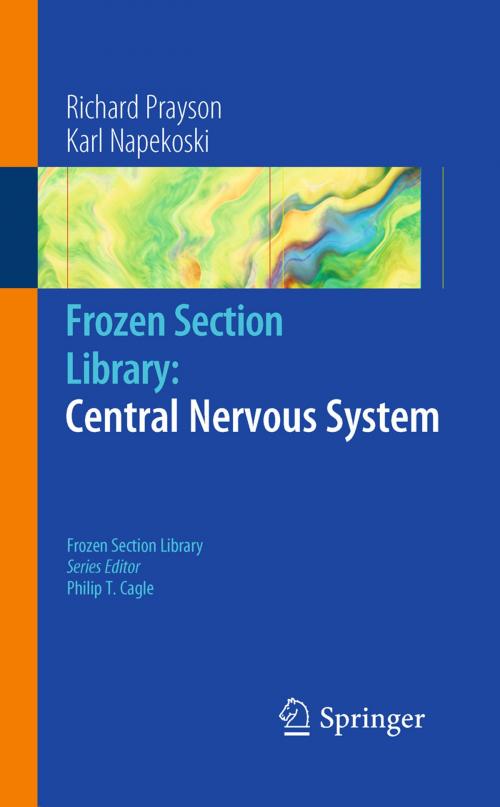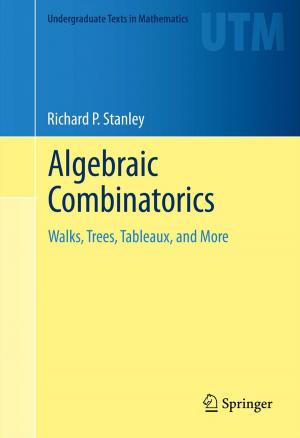Frozen Section Library: Central Nervous System
Nonfiction, Health & Well Being, Medical, Specialties, Pathology| Author: | Richard A. Prayson, Karl M. Napekoski, Philip T. Cagle | ISBN: | 9781441975799 |
| Publisher: | Springer New York | Publication: | November 12, 2010 |
| Imprint: | Springer | Language: | English |
| Author: | Richard A. Prayson, Karl M. Napekoski, Philip T. Cagle |
| ISBN: | 9781441975799 |
| Publisher: | Springer New York |
| Publication: | November 12, 2010 |
| Imprint: | Springer |
| Language: | English |
Frozen section of Neuropathology-related cases is performed while the patient is undergoing surgery. Intraoperative consultation is used to help guide intraoperative management of the case and to ensure that adequate and appropriate tissue has been obtained for purposes of making an accurate final diagnosis. Frozen section diagnosis is often a highly demanding situation for the pathologist, who must render a diagnosis quickly and provide sound guidance and advice. In addition to the need for rapid recall of differential diagnoses, there are many pitfalls and artifacts that add to the risk of frozen section diagnosis that are not present with permanent sections of fully processed tissue that can be examined in a more leisurely fashion. Most standard pathology textbooks focus primarily on permanent section material and largely ignore the topic of frozen section. The purpose of this volume is to add to the Frozen Section Library series and provide a convenient, user friendly handbook to assist in the evaluation of central nervous system related frozen sections. It provides a useful reference, organized around differential diagnoses, primarily by location in the central nervous system. The text will be illustrated with color pictures and include tables as appropriate. This text provides a valuable tool for the practicing surgical pathologist both in community and in academic centers as well as pathology residents and fellows in training when confronted with Neuropathology frozen section.
Frozen section of Neuropathology-related cases is performed while the patient is undergoing surgery. Intraoperative consultation is used to help guide intraoperative management of the case and to ensure that adequate and appropriate tissue has been obtained for purposes of making an accurate final diagnosis. Frozen section diagnosis is often a highly demanding situation for the pathologist, who must render a diagnosis quickly and provide sound guidance and advice. In addition to the need for rapid recall of differential diagnoses, there are many pitfalls and artifacts that add to the risk of frozen section diagnosis that are not present with permanent sections of fully processed tissue that can be examined in a more leisurely fashion. Most standard pathology textbooks focus primarily on permanent section material and largely ignore the topic of frozen section. The purpose of this volume is to add to the Frozen Section Library series and provide a convenient, user friendly handbook to assist in the evaluation of central nervous system related frozen sections. It provides a useful reference, organized around differential diagnoses, primarily by location in the central nervous system. The text will be illustrated with color pictures and include tables as appropriate. This text provides a valuable tool for the practicing surgical pathologist both in community and in academic centers as well as pathology residents and fellows in training when confronted with Neuropathology frozen section.















